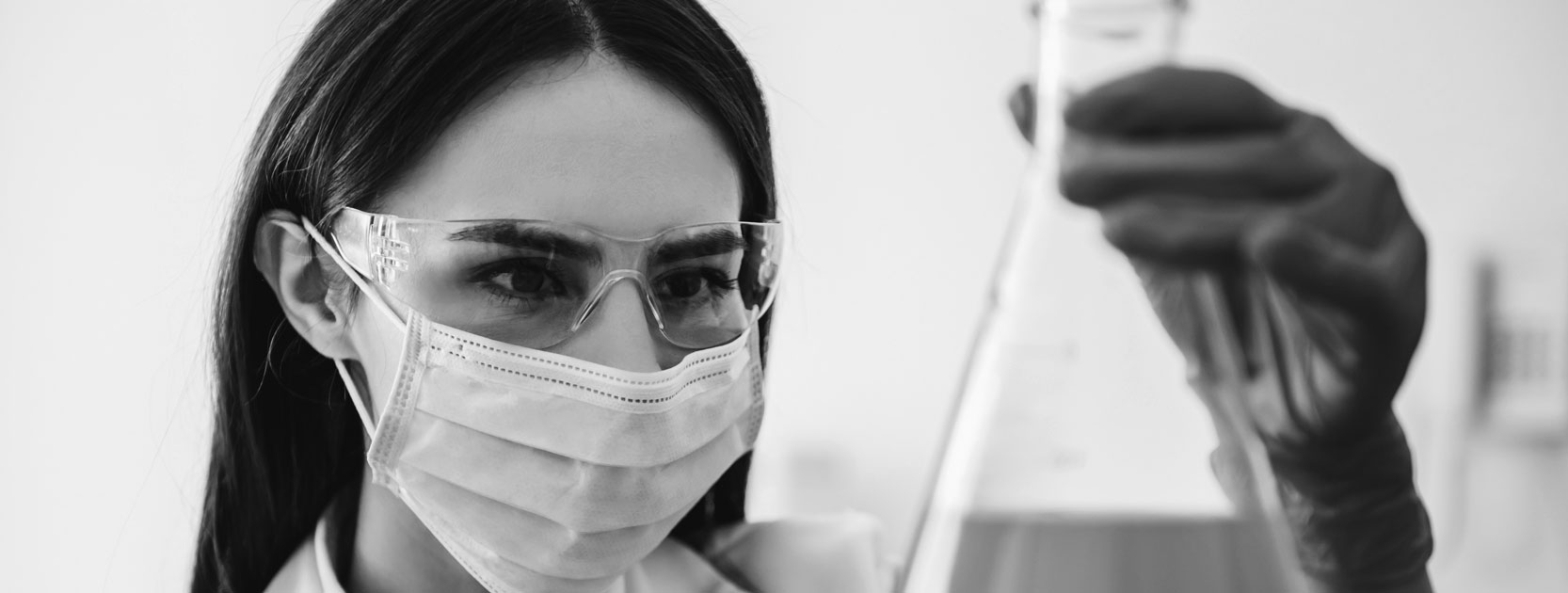News

Nov 4, 2019 by Foresight
An Interview with Forensic Scientist Lynne Hingley
This week, we’re beginning a series of interviews with members of our nationwide Expert Panel. Lynne Hingley is a Forensic Scientist who joined our panel four years ago, bringing a wealth of hands-on experience and expertise. In our interview with Lynne, we discover what inspired her to pursue a career in Forensics, what it’s like being a member of our panel, and how her expertise has helped both the defence and prosecution.
1. What initially drew you to a career as a Forensic Scientist?
Since early childhood, I have always wanted to be involved in the criminal justice system and was influenced by my Uncle Pete who was a police officer in the Met. For a long time, I had a desire to be a police officer, but unfortunately, my eyesight was too poor to realise this dream. I hoped to get involved in the civilian side and carried on studying science at university. Whilst at university, the National DNA Database was created in the UK which opened up a whole new area in Forensic Science - this fitted perfectly with my degree in Genetics.
2. How long have you worked in this area?
I have worked in the field of Forensic Science since 1997. I began my career at the Forensic Science Service in Lambeth, where I specialised in DNA profiling analysis and sexual assault cases. In 2003, I moved to LGC Forensics (now Eurofins Forensic Services) where I became a Lead Forensic Scientist. My role at LGC included being the site lead for DNA profiling interpretation and evaluation. In addition, I was also a specialist advisor on sexual assaults, providing advice on best practice to both scientists and police.
After working at Manlove Forensics and ArroGen Forensics, I became self-employed and set up my own company, Millingtonhingley Ltd, with my colleague, Jo Millington.
3. Could you provide an example of how your expertise has helped to secure and challenge convictions in the past?
My specialism of forensic biology and DNA often forms just a small jigsaw piece of evidence within a case. My goal when reviewing cases is to ensure that the scientific evidence presented before the court is robust and meaningful. Often this involves providing an evaluation of the scientific findings in the context of a case. This has become ever more essential in the increased usage of the Streamlined Forensic Reports (SFRs) which are produced as a result of a match on the National DNA Database. These are reported, in general, by administrators within police forces, who have never seen the DNA profiling result. These are factual reports only and provide no information as to the critical elements of DNA evidence and how and when the DNA transferred to the exhibits examined, i.e. the evidential significance of a matching DNA profile.
Common themes in recent cases where I have highlighted areas which need to be revisited by the Crown scientists include:
- Incorrect evaluations of DNA profiling results with respect to the number of contributors. When re-evaluated, the Crown agreed with my evaluation and offered no evidence at trial, and the cases were dropped.
- Missed contamination running through all the samples recovered from a bag. It transpired that the examiner of the bag had contaminated the batch of specialised tape used to recover the samples. Due to the instructions given to the scientist from the police, and the presence of complex mixed DNA profiles, this contamination event had been totally missed. The DNA evidence was crucial in the case, and the case was dropped.
- Incorrect data entry and/or assumptions made when carrying out specialist statistical evaluations of DNA profiling results. The Crown, when presented with my concerns, agreed with the issues raised and were required to re-visit their evaluations and produce additional statements, even though the trial was already in progress.
4. What is a typical day on the Foresight Expert Panel like, and what do you enjoy most?
This is an easy answer, there is no typical day! One minute I can be evaluating findings within a case - and the next minute taking an urgent phone call from a barrister at court who has just been presented with a report from the Crown. You have to be prepared to drop everything and keep changing directions.
5. How has working with Foresight benefitted your career?
Having been based around London for my entire working life, the majority of my cases have been with the police forces and solicitors around the south - being on Foresight’s Expert Panel opens up my ability to work with a countrywide portfolio of clients.
6. What do you find most challenging about your work and how do you overcome this?
The most challenging aspect of the work is the frustration associated with gaining permission and receiving the scientific documentation required to enable a review to take place. The length of time the process takes is ever-increasing while the fees available from Legal Aid are decreasing. It is interesting to note that the Crown gets the same hourly rate to copy or scan their case files as I do to actually carry out the scientific review.
To try and overcome these bottlenecks, I work closely with Foresight to ensure all relevant requests are made to the individuals concerned within 24 hours of the instruction.
To learn more about our wide range of expert witness services, please click here.
Or, to stay up-to-date with everything we have to offer, head over to our social channels - Twitter and LinkedIn.
FIND YOUR
EXPERT WITNESS
CALL OUR TEAM ON
0330 088 9000
NEWSLETTER SIGN-UP
Stay up-to-date with all the latest news in the industry by signing up to our newsletter. You're welcome to unsubscribe at any time and we'll always treat your personal details with the utmost care.

